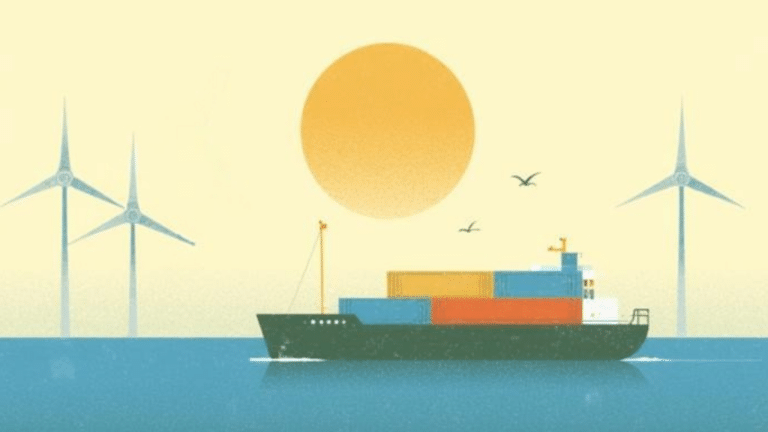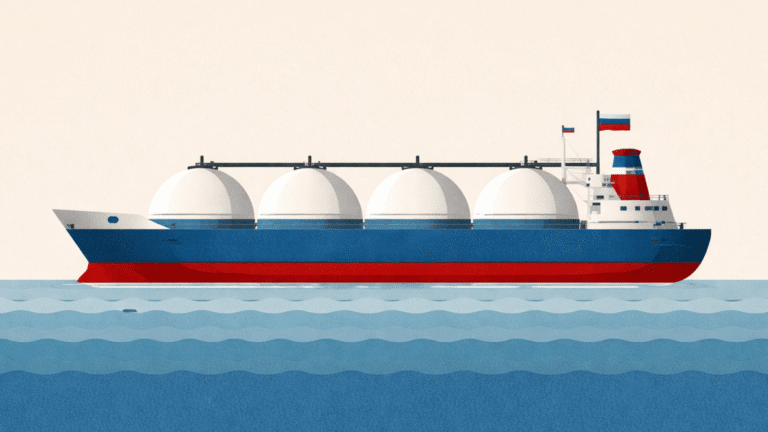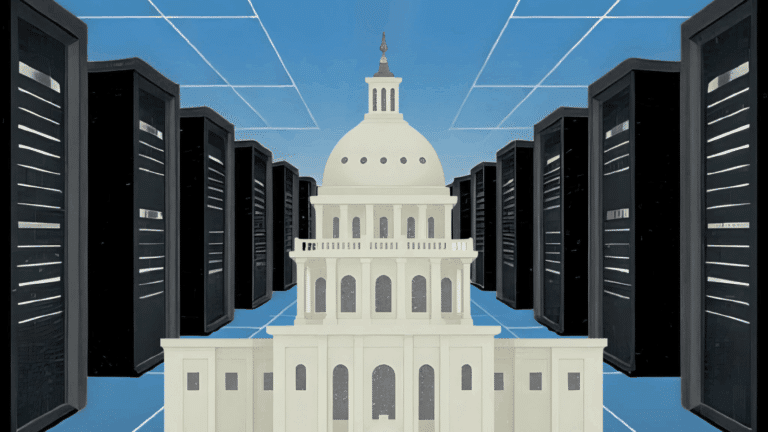Could a strategic lithium reserve kickstart US supply chain development?
NEW YORK -- A strategic lithium reserve is being mooted as a solution to stabilize volatile prices that have hindered American mining projects, allowi
Current Access Level “I” – ID Only: CUID holders, alumni, and approved guests only
Past Event
October 28, 2021
12:00 pm - 1:00 pm
The Center on Global Energy Policy hosted a discussion of the 2021 edition of the World Energy Outlook, the IEA’s flagship publication. Tim Gould, Chief Energy Economist at the IEA, presented findings from the report. Following his presentation, he joined Dr. Melissa Lott, CGEP Director of Research and Senior Research Scholar, and Anne-Sophie Corbeau, CGEP Global Research Scholar, on a panel moderated by Jason Bordoff, CGEP Founding Director and Co-Founding Dean of the Columbia Climate School.
The report comes at a pivotal moment, not only during the run-up to COP26 but also when economic recovery from COVID-19 is contributing to a huge run-up in prices. The essence of this year’s WEO is a detailed stocktake of how far countries have come in their clean energy transitions, how far they still have to go to reach the goal of limiting temperature rises to 1.5 °C, and what actions governments and others can take to seize opportunities along the way. The WEO also assesses vulnerabilities that could affect the reliability or affordability of energy, as well as the variety of starting points and national circumstances of countries around the world. The findings have been widely reported around the world, stimulating debate on a range of highly topical issues of clean energy transitions, energy security, investment and sustainability.
—
On January 1, 2026, the European Union's highly-anticipated Carbon Border Adjustment Mechanism (CBAM) will take effect. Introduced in 2023, CBAM will require the importers of certain carbon-intensive goods...

The Center on Global Energy Policy at Columbia University SIPA's Women in Energy initiative and Accenture invite you to join us for an evening of conversation and networking...

The Columbia Global Energy Summit 2026 is an annual event dedicated to thought-provoking discussions around the critical energy and climate challenges facing the global community.

The event is for CUID holders only. Please note: space is limited. The Center on Global Energy Policy at Columbia University SIPA invites Columbia University students to a...

This Energy Explained post represents the research and views of the author(s). It does not necessarily represent the views of the Center on Global Energy Policy. The piece...

Geopolitical uncertainty associated with Russian gas exports could swing the range of those exports by an estimated 150 bcm per year.

From the east to west and north to south, in red states and blue states, attention to data centers is skyrocketing in state capitals across the United States.
